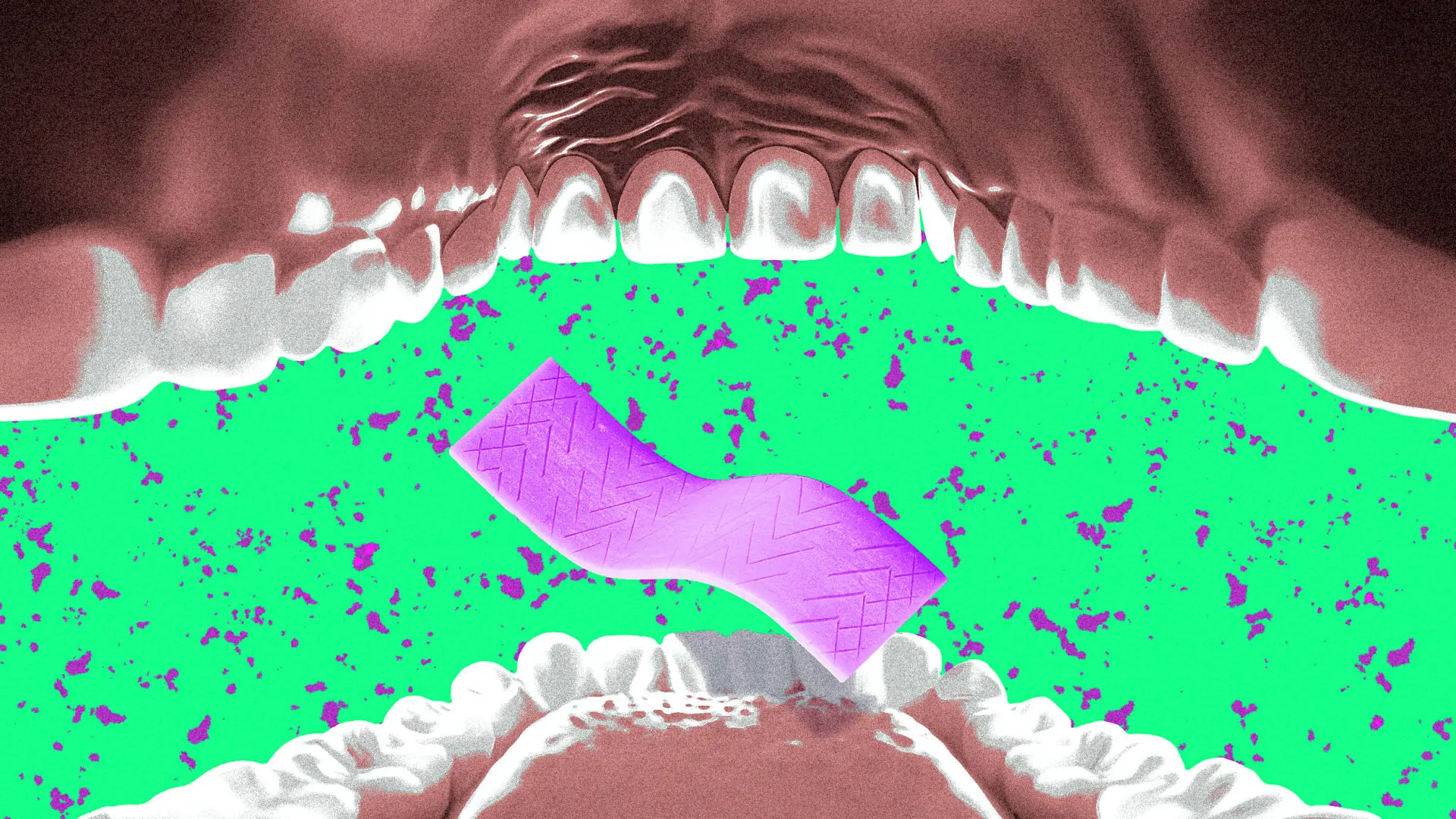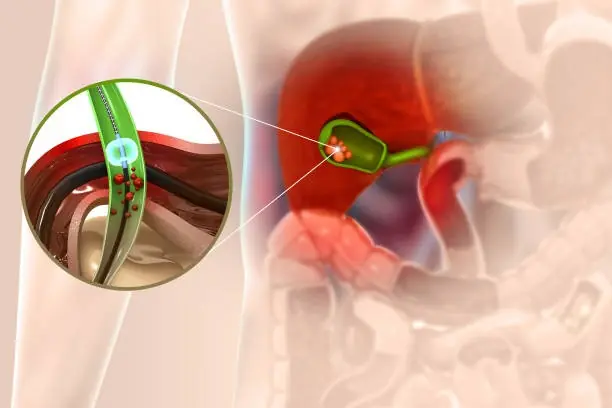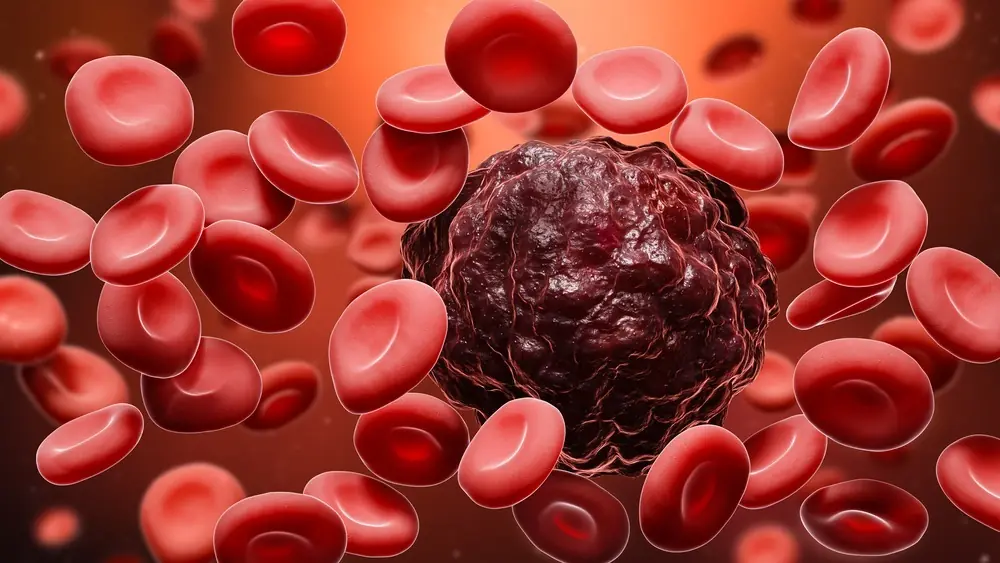
Study finds that eating one common 'superfood' could cut Alzheimer's disease risk by almost 50%

A Classic American Breakfast Staple May Boost Brain Health and Help Prevent Alzheimer’s
It turns out that a simple, affordable item found on the classic American breakfast plate might be more powerful than we thought—especially when it comes to protecting our brains as we age.
A new study suggests that spending just a dollar on this common breakfast food could significantly reduce your risk of developing Alzheimer’s disease. And no, it’s not some fancy superfood or exotic supplement. It’s something millions of people already eat regularly: eggs.

If you’re a fan of the full American breakfast spread—think eggs, bacon, sausage, pancakes, and maybe a side of hash browns—you may be doing more than just satisfying your morning cravings. While it’s no secret that indulging in greasy, high-fat meals too often can lead to elevated blood pressure and cholesterol levels, there’s one item on that plate that could be quietly working in your favor.
The Unsung Hero: Choline
The star of the study is choline, an essential nutrient crucial for brain development, nerve function, and overall cognitive health. Our bodies do produce some choline on their own, but not nearly enough to meet daily needs—meaning we have to get it from food.
Choline is found in a variety of foods including broccoli, peanuts, fish, mushrooms, and kidney beans. But one of the richest, most accessible sources? Eggs.
A single egg provides around 25% of your recommended daily intake of choline, making it a nutritional powerhouse when it comes to brain health.
What the Science Says
Published in 2024, the study titled “Association of Egg Intake With Alzheimer's Dementia Risk in Older Adults: The Rush Memory and Aging Project” involved 1,024 participants with an average age of 81. Over nearly seven years, researchers tracked their dietary habits and cognitive health.
During the study, 280 participants—about 27%—developed Alzheimer’s. But here’s the interesting part: those who consumed more than one egg per week were found to have up to 47% lower risk of developing Alzheimer’s compared to those who ate fewer eggs.
Additionally, 39% of the protective benefits of egg consumption were attributed directly to their choline content. The findings were also supported by post-mortem brain tissue analysis, which revealed fewer Alzheimer’s-related changes in the brains of regular egg eaters.
“Eggs provide many nutrients important for brain health, including choline, omega-3 fatty acids, and lutein,” the study authors explained. “These findings suggest that frequent egg consumption is associated with a lower risk of Alzheimer’s dementia and related brain changes, and this is partially mediated by dietary choline.”
A Deeper Dive: Why Choline Matters
Choline plays a vital role in the production of acetylcholine, a neurotransmitter that supports memory and cognitive function. Low levels of acetylcholine have been directly linked to Alzheimer’s disease. Moreover, choline contributes to the maintenance of healthy cell membranes and supports proper nerve signaling throughout the brain and body.
Despite its importance, studies show that a significant percentage of the population falls short of meeting their daily choline needs. Including eggs in your diet could be one of the simplest and most cost-effective ways to bridge that nutritional gap.
Don’t Forget the Green Tea
Interestingly, eggs aren’t the only brain-friendly item you might want to add to your daily routine. Another recent study out of Japan suggests that drinking three cups of green tea a day may also lower your risk of dementia.
The research, which involved nearly 9,000 older adults, found that green tea drinkers had fewer cerebral white matter lesions—markers commonly associated with cognitive decline. In fact, previous research shows that for each cup of green tea consumed daily, the risk of developing dementia drops by about 6%.
This is thanks to green tea’s abundance of antioxidants like epigallocatechin gallate (EGCG), which has anti-inflammatory and cell-protective properties.
So, What’s the Takeaway?
While no single food or drink is a magic bullet against cognitive decline, incorporating nutrient-rich items like eggs and green tea into your daily routine could go a long way toward supporting long-term brain health.
Combined with a balanced diet, regular exercise, and mental stimulation, these small, everyday choices may help keep your mind sharp well into your later years.
So next time you’re cracking open an egg or brewing a cup of green tea, know that you might be doing more than just feeding your body—you could be fueling your future.
News in the same category


Chewing Gum Releases Microplastics Into Saliva – Even Natural Gums Are Not Safe, Study Finds

STUDY SHOWS SWITCHING TO PERSONAL CARE PRODUCTS WITHOUT CERTIAN PRESERVATIVES TURNS BREAST CANCER GENES OFF IN 28 DAYS

Study finds that eating one common 'superfood' could cut Alzheimer's disease risk by almost 50%

Side Effects and Dietary Recommendations Post Gallbladder Surgery

Signs You May Be Living With High-Functioning Anxiety

How to Know if You Have Fibromyalgia + 8 Natural Approaches to Relieve

Dark eye circles might be a subtle health warning

Could This 3D-Printed ‘Electronic Glove’ Keep Your Heart Beating Forever?

The Amount Of Time You Spend Peeing Could Be A Warning Sign For Bigger Health Issues

Scientists may have finally developed pill to cure deadly disease with 90% mortality rate

Man Shares His 'Proof' of Life After Death and the Seven 'Stages' of the Afterlife

Dental Expert Reveals the Top Two Brushing Mistakes That Lead to Yellow Teeth

They Hid This From Seniors: It Unclogs Arteries INSTANTLY!

This Secret Herb Can Heal 20 Diseases

Research shows that individuals who took psilocybin experienced significant enhancements in emotional empathy.

New Study Investigates Why Vaping Could Be More Dangerous Than Smoking

Disturbing X-ray Shows Creatures Breeding Inside Man's Body After Everyday Kitchen Mistake

Foods you should not eat every day because they can easily cause diabetes

New Study Reveals Hidden Dangers Lurking in Your Bottled Water
News Post

7 Warning Signs of Liver Damage You Shouldn’t Ignore

Chewing Gum Releases Microplastics Into Saliva – Even Natural Gums Are Not Safe, Study Finds

STUDY SHOWS SWITCHING TO PERSONAL CARE PRODUCTS WITHOUT CERTIAN PRESERVATIVES TURNS BREAST CANCER GENES OFF IN 28 DAYS

Study finds that eating one common 'superfood' could cut Alzheimer's disease risk by almost 50%

I Became a Burden to My Father after I Lost the Ability to Walk

I Was Stunned When the Teacher Said All the Kids Talked about How Amazing My Husband Was on Father's Day, I'm a Widow

Side Effects and Dietary Recommendations Post Gallbladder Surgery

I Bought a Vintage Blazer at a Thrift Store for My Mom, But the Note Inside Revealed a Secret She Kept for 40 Years

Signs You May Be Living With High-Functioning Anxiety

How to Know if You Have Fibromyalgia + 8 Natural Approaches to Relieve

Dark eye circles might be a subtle health warning

Could This 3D-Printed ‘Electronic Glove’ Keep Your Heart Beating Forever?

My Neighbor Drove over My Lawn Every Day as a Shortcut to Her Yard

The Amount Of Time You Spend Peeing Could Be A Warning Sign For Bigger Health Issues

On the Day I Was Supposed to Marry the Love of My Life I Saw Her Leaving Town With My Father

Entitled Guest Demanded a Free Table at 'Her Friend’s' Restaurant — Too Bad I Was the Owner

Scientists may have finally developed pill to cure deadly disease with 90% mortality rate

I Lost My Wife and Shut the World Out—Then an Orphaned Boy Opened My Heart Again

My Mom Avoided Me for Years—I Decided to Surprise Her Without Warning and Was Shocked by What She'd Been Hiding
